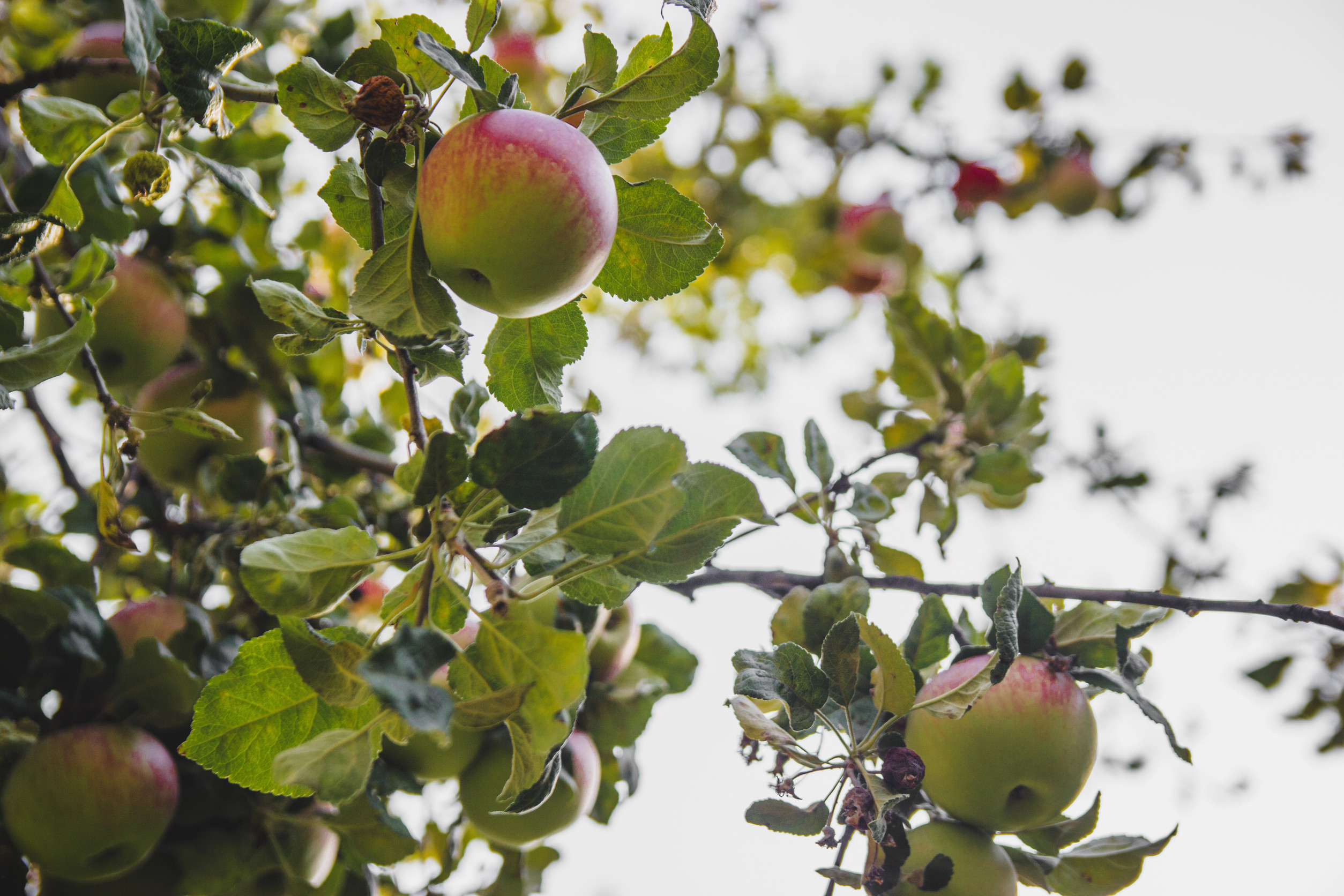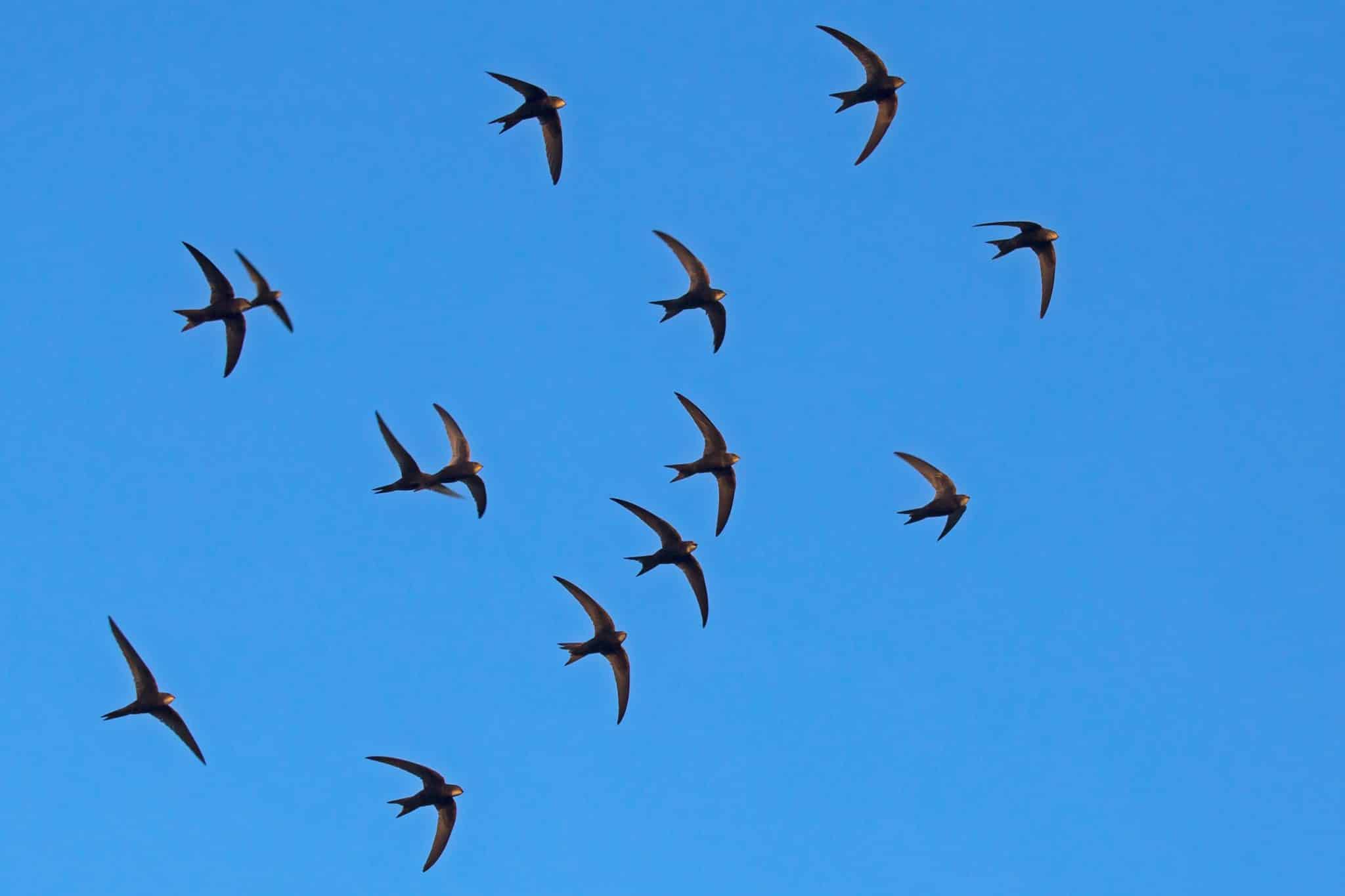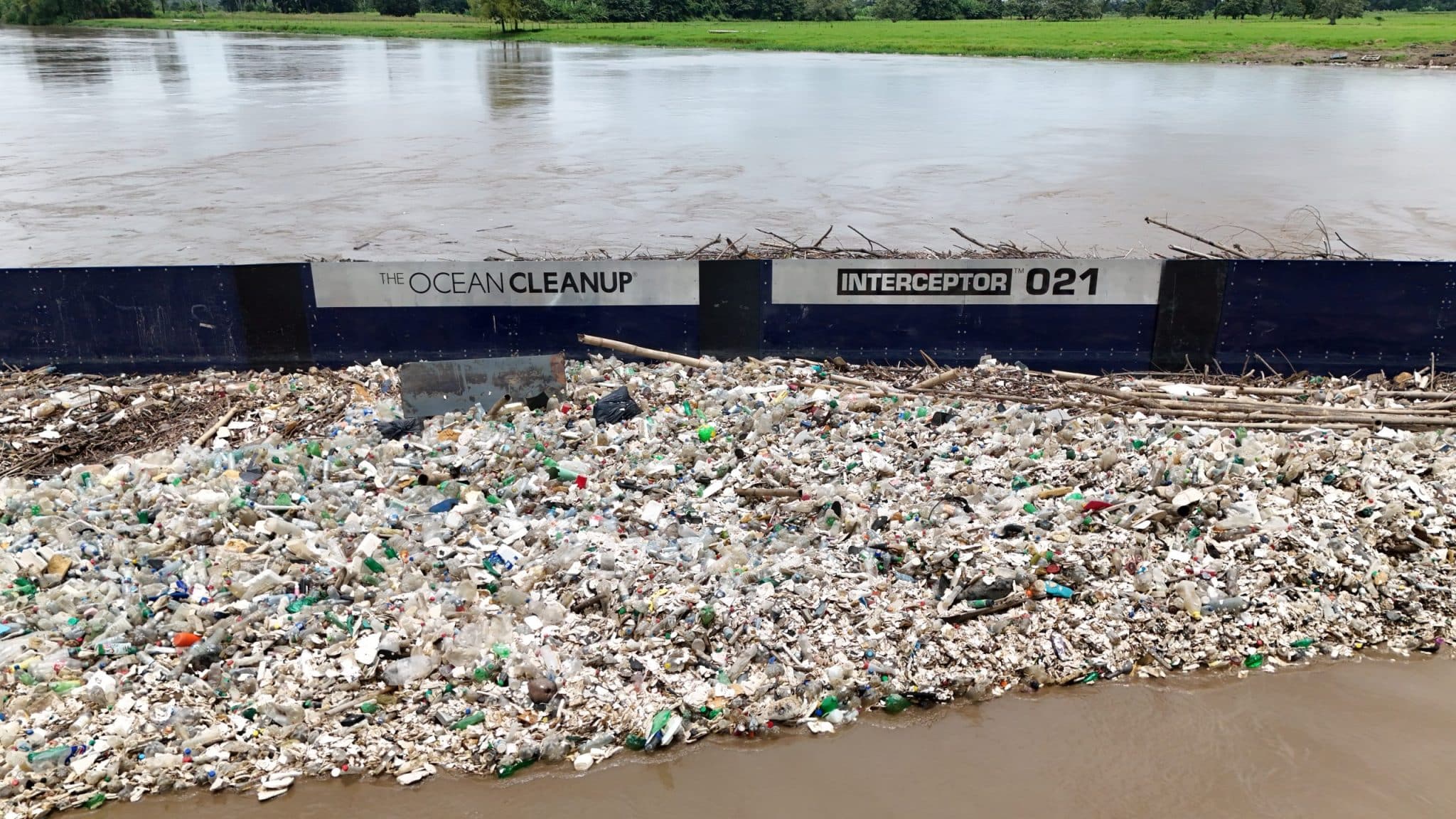Image Credit: romk123rf/123rf.com
In Michigan, researchers are exploring the potential of the sweet crabapple, or Malus coronaria, to safeguard the future of commercial apple production against climate change. The sweet crabapple blooms weeks later than popular apple varieties such as Honeycrisp and Fuji, allowing it to avoid the damaging effects of spring frosts that threaten orchards worldwide.
Steve van Nocker, a plant geneticist at Michigan State University, is leading a project aimed at identifying the genetic traits that enable the Malus coronaria to bloom later. With climate change causing increasingly unpredictable weather patterns, the research seeks to harness these genes to develop new frost-resistant apple varieties.
Apple growers in regions like Washington, Michigan, and New York have reported concerning trends in recent decades. A study from Washington State University indicates a reduction in cold days and an increase in warm fall nights, which could disrupt the natural dormancy cycle of apple trees. As a result, trees may start to blossom too early, increasing the risk of fruit damage from late frosts and sunburn due to extreme temperatures.
To combat these challenges, innovative strategies are being implemented. In Europe and South Korea, solar panels are utilized in orchards to shield fruit from adverse weather conditions. In Pennsylvania, unmanned vehicles equipped with propane heaters are deployed to warm trees during unexpected frosts. The University of Maryland has also developed a new heat-tolerant apple variety.
The search for the Malus coronaria is critical as the species has become increasingly rare, with many of its natural habitats replaced by urban development. Van Nocker and his team are actively collecting stem samples from existing Malus coronaria trees to confirm their genetic purity. The goal is not to replace popular apple varieties but to isolate the genetic traits that confer frost resistance and incorporate them into new commercial apple breeds.
The process of creating frost-resistant apples is lengthy and complex, often taking several years to produce viable hybrids. However, the urgency of this research cannot be overstated, as changing climate conditions pose a significant threat to apple production in Michigan and beyond. As efforts continue, seeds from Malus coronaria are being sent to the U.S. Department of Agriculture to preserve this important genetic resource, ensuring the resilience of apple orchards for future generations.
Check out the original article here: Source link



